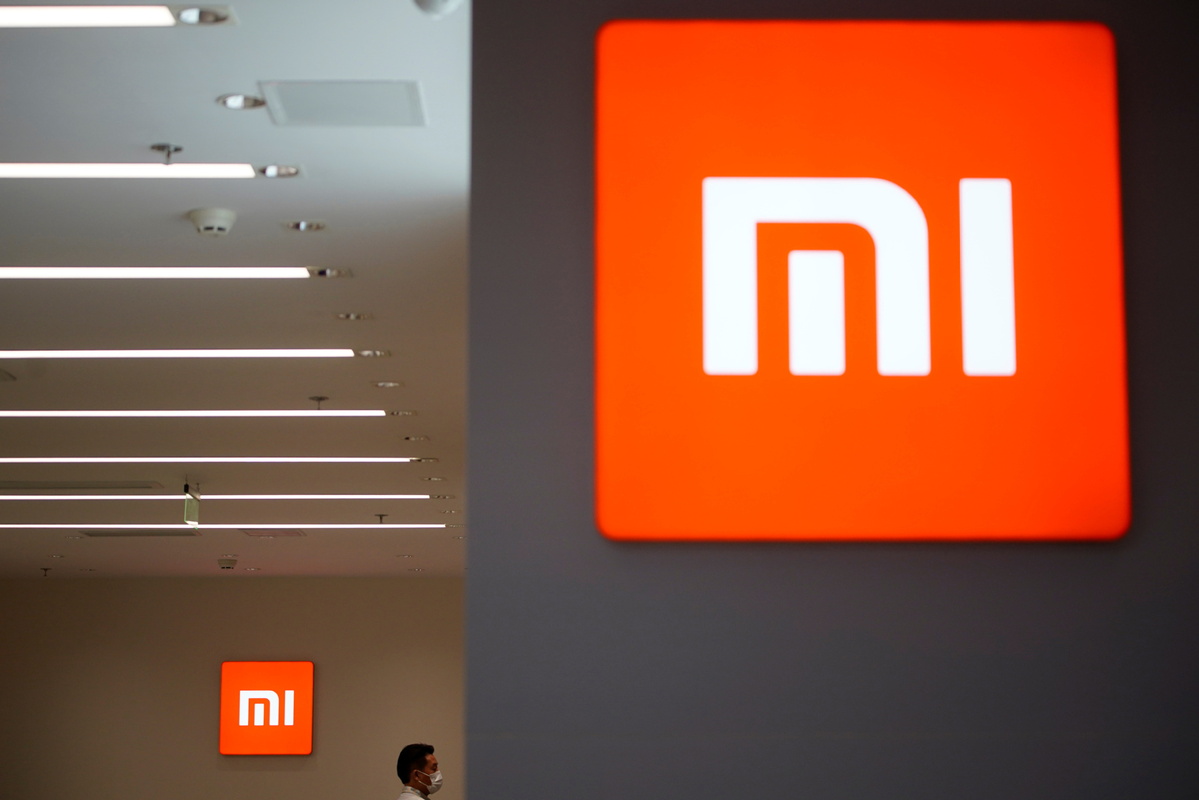Xiaomi rolls into electric car segment


Chinese tech heavyweight Xiaomi Corp is hitting the accelerator of its car business-the company said on Wednesday it has registered its electric vehicle or EV business with a registered capital of 10 billion yuan ($1.55 billion).
Xiaomi's EV division, which employs about 300 employees, has thus entered a "substantial development phase", the Beijing-based company said.
In late August, Xiaomi said it had acquired autonomous driving firm Deepmotion for around $77.37 million to enhance the technological competitiveness of its EV business.
Xiaomi announced its foray into the electric car business in late March when several tech giants like Baidu Inc and Huawei Technologies Co were already looking at the vehicle industry as the next big-ticket sector, on hopes that in the future cars will become increasingly autonomous and connected.
Lei Jun, CEO of Xiaomi and CEO of its new smart electric car unit, said earlier that the company's cash reserves totaled 108 billion yuan by the end of 2020, which allows the company to afford the risks involved in the car business.
Xiaomi said its EV team has undertaken a massive amount of user research in the last five months, and also visited industry partners while pressing ahead with the EV product definition and team formation.
Xiaomi currently has 16,000 engineers, and its research and development spending hit 10 billion yuan last year. The company said it has sufficient confidence in talent reserves and its technological advantages in artificial intelligence, new materials and other fields, which will form a strong support for the automotive business.
Roy Lu, director of the Gasgoo Auto Research Institute, said Lei has for long been seeing automobiles as part of Xiaomi's AI-enabled internet of things ecosystem, and invested in Chinese electric car startups such as Nio and Xpeng Motors via Shunwei Capital, a venture capital firm.
But Lu also warned that the change in Lei's role from an investor to a competitor will push Nio and Xpeng Motors to prepare harder for the possible impact of Xiaomi's entry into cars on their business.
Experts also said it remains to be seen whether Xiaomi can really afford the capital and time needed for the cash-intensive smart car business, given that a string of Chinese companies that had entered the segment faced severe financial difficulties, with some even going bankrupt.
Matthew Kanterman and Nathan Naidu, analysts at Bloomberg Intelligence, said Xiaomi's entry into China's EV market opens a big new growth area for the company beyond smartphones and other consumer electronics.
In the second quarter of this year, Xiaomi posted record revenue of 87.8 billion yuan, up 64 percent year-on-year and beating analyst expectations, as it benefited from rapid growth in overseas markets.
The strong performance came as Xiaomi earned its new tag of the world's No 2 smartphone maker by shipments from April to June, a period during which Xiaomi shipped 52.8 million units of smartphones, marking a year-on-year growth of 83 percent, according to data from market research company Canalys.




































